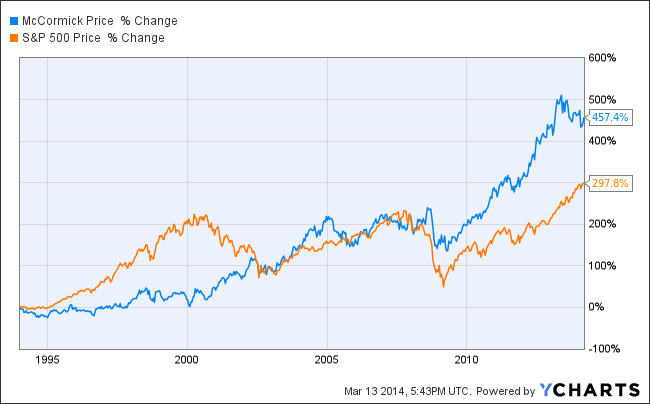Why slow and steady investing can win the race in 2014
Post on: 22 Июль, 2015 No Comment

The beginning of the year always sees a flurry of articles on which stock markets have risen the most over the past 12 months. Many investors search these for ideas on where to put their money, but it is important to remember that strong recent returns do not automatically make something a good investment.
For the last three years, the world’s top-performing stock market has been that of Venezuela. Yet the apparently spectacular returns of the Caracas Stock Exchange, as measured by its benchmark IBC index (see table, below), have been largely due to hyperinflation and currency devaluation, as previously discussed by Smart Investor. The collapse in the black-market exchange rate for the Venezuelan bolivar – which lost 70 per cent of its value in 2013 alone – has largely wiped out the gains in international terms.
What about more normal economies? Turkey, the second-strongest performer a year ago, certainly hasn’t been the best place to invest over the past 12 months either. After gaining more than 50 per cent in 2012, its benchmark index, the Borsa Istanbul 100, dropped more than 13 per cent in 2013.
Or consider Mongolia’s MSE Top 20 index, which took the title in 2010, rising by almost 140 per cent. It managed some further, spectacular gains in the first few weeks of 2011, before coming back down with a thump; at the end of 2013, it was still more than 50 per cent below its all-time high. And Brazil’s Ibovespa index, which posted the best performance of 2009, has not done much better: over the four years to December 2013, it lost almost 30 per cent of its peak value
Why it can pay to trade excitement for consistency
Such sharp booms and busts usually happen when investors get carried away by a promising story and push valuations too high in their eagerness to invest. Then, at some point, the news begins to disappoint – with growth slowing in Brazil, for example, or recent political turmoil in Turkey – and the euphoria fades away.
The long-term potential of the market may still be intact, but that matters little as nervous short-term investors rush for the exit. The rapid outflow of money means that markets have a long way to fall once the bear market begins. An attitude of “once bitten, twice shy” among locals and foreigners means that they are often condemned to several years of weak performance until confidence recovers.
Stock markets in the developed world, such as the UK and the US, may seem less exciting than their more exotic counterparts, but their greater consistency can be more helpful to investors over time.
Over the last five years, for example, the average annual return on UK stocks has been 8.5 per cent, as measured by the MSCI United Kingdom index. This has come within a percentage point of matching the return on the MSCI Emerging Markets index in sterling terms, while carrying lower risks. US shares – which enjoyed an exceptionally strong 2013 – have beaten emerging markets by almost five percentage points.
Past performance is not a reliable indicator of future performance. Nevertheless, these results demonstrate that the most exciting markets do not necessarily generate the most exciting returns.
Why tax allowances could be crucial to your overall returns
At this time of year, it is also worth remembering that you could throw a significant sum of money away if you fail to use up your Individual Savings Account (ISA) allowance before 5 April. Until that date, you have the opportunity to pay up to £11,520 into an Investment ISA, less any amount held in a Cash ISA (for which the allowance in this tax year is up to £5,760).
Investment returns within an ISA are free of both income tax and capital gains tax. For higher-rate and top-rate taxpayers, this can increase your after-tax investment returns by a third or more in some circumstances. Unused allowances cannot be carried over to the next tax year, so it is important to act now – bearing in mind the cautionary points above.
Each year, the approach of the ISA deadline leads some people to rush into investments based on sensational headlines about past performance, only to see the value of those investments decline dramatically. So if you want to improve your chances of choosing wisely, it’s important to start doing your research as early as possible.
Remember that tax benefits may change in the future. Also, the value of an ISA to you will depend on your individual circumstances. All investments can fall in value as well as rise and you may get back less than you initially invested.
If you already have an account with us, you can login here to begin researching ways to use your 2013/14 ISA allowance. You can also set up a direct debit order for regular investments into your ISA of more than £50 a month.
If you do not already have a Barclays Stockbrokers account, please visit our website to explore your options.
Barclays Stockbrokers does not provide tax advice. Please refer to your tax adviser for advice tailored to your personal circumstances.














